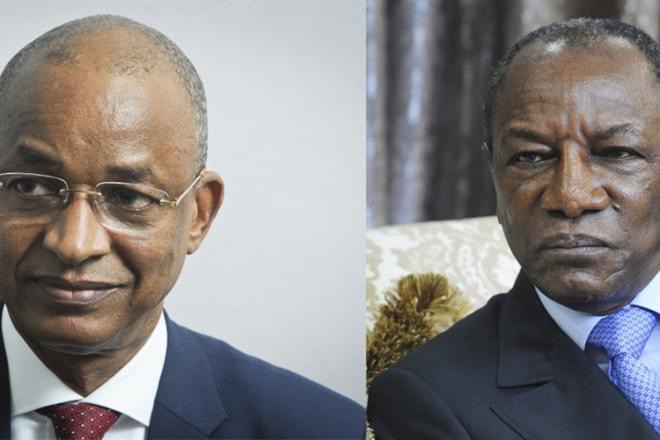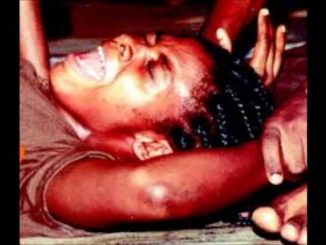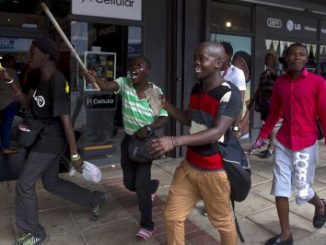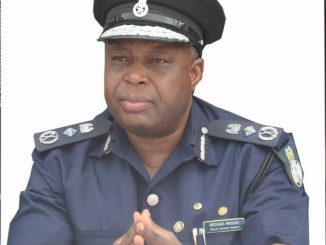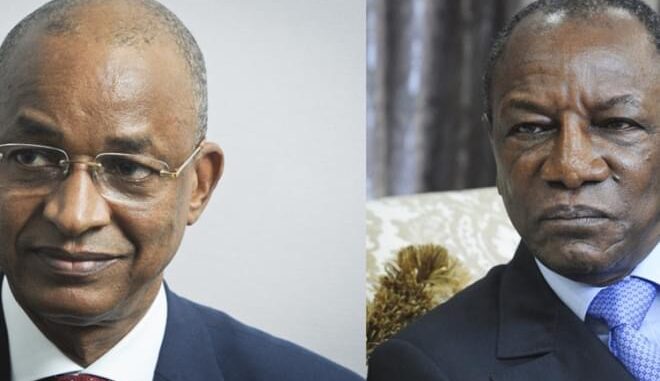
Never underestimate the power of tribalism and regionalism in African elections. The 2010 presidential election in Guinea proved to be memorable due to the tribal and regional factors that were at play. In the first round, Cellou Dalein Diallo (of the Fula tribe) won 43% of the votes, while his closest challenger Alpha Conde (of the Mandinka tribe) won just 18%. The Fulas, who had never ruled Guinea despite being the country’s most populous tribe, could sense victory. In fact, some of Diallo’s supporters claimed he had won the election without needing a run-off, but the electoral commission declared a result that no candidate obtained more than 50% of the votes, and so a run-off was required.
Then the situation degenerated into political chaos as violence ensued in various regions of the country. The run-off was postponed four times, the head of the country’s electoral commission was replaced, and the violence worsened an immensely difficult situation. The other candidates were now under intense pressure to back Alpha Conde, and stop Cellou Dalen Diallo from winning the presidency. However, the third-placed candidate Sidya Toure shocked the country by endorsing Diallo for the run-off. Toure’s endorsement was significant as he had polled 13% of the votes in the first round.
The Mandinkas appeared determined that the Fulas must not hold political power in Guinea, and so they closed ranks.
People from other tribes were urged to come out and vote in order to save the country from an impending Fula presidency. There were reports of some Mandinka men returning their Fula wives back to their in-laws, and the Fulas also reciprocated. Violence was being perpetrated by both ethnic groups.
Finally, the run-off was conducted and Alpha Conde was declared winner with 52.52%, while Cellou Dalein Diallo won 47.48%. It was an incredible comeback for Conde having won just 18% in the first round, and was clearly the underdog. It appeared the supporters of Sidya Toure had rejected his endorsement of Diallo, having been swayed by the ethnic rhetoric of the Mandinkas, and had voted for Conde instead.
Five years later, Conde defeated Diallo again in the 2015 presidential election. This time he only required one round of voting, and secured 57% to Diallo’s 31% of the votes. Conde then proceeded to amend the country’s constitution, removed the presidential term limit, and won his third successive election in 2020. He was eventually removed by the Guinea Armed Forces in September 2021. As I look back on the events of the 2010 election in Guinea, I cannot help but contemplate whether Democracy can succeed in Africa’s complex tribal and regional environment.
THE SIERRA LEONEAN

